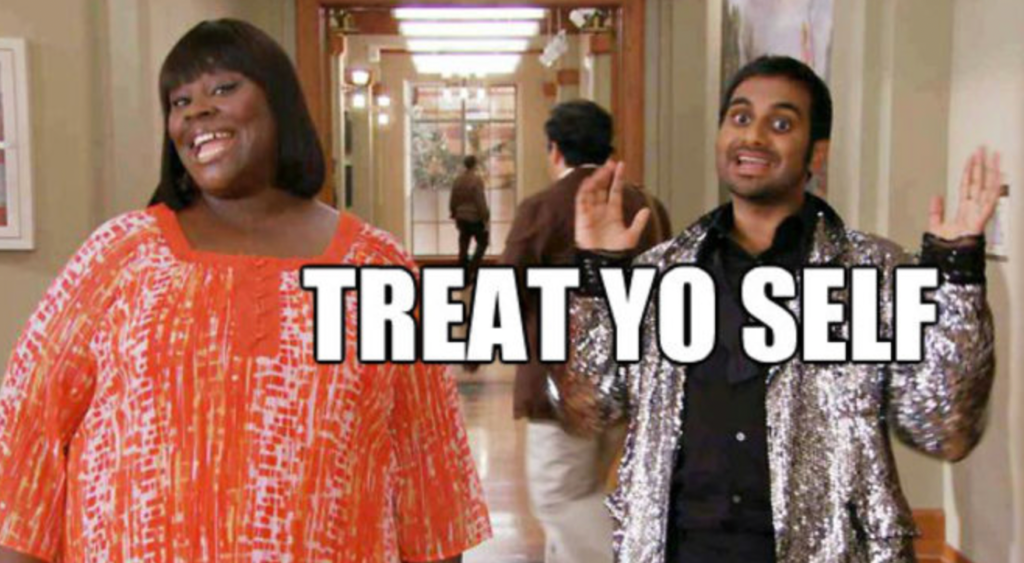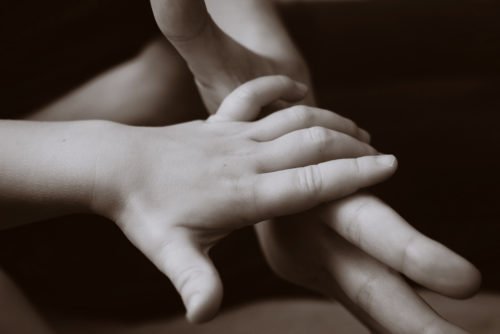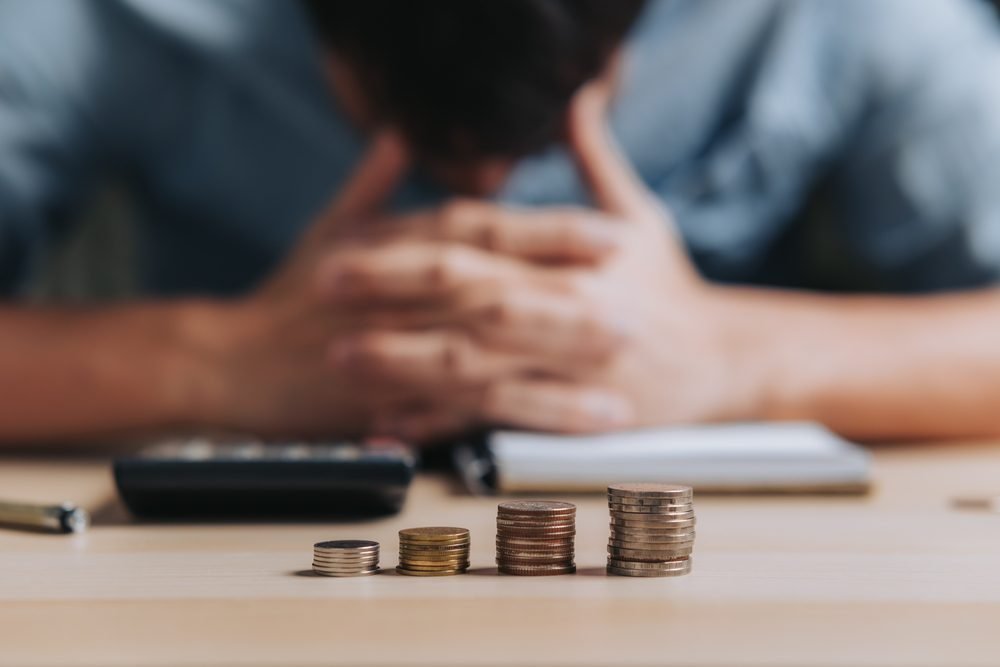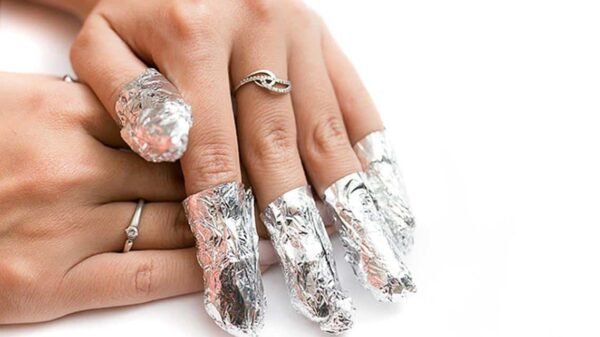Between social media, advertising, self-help resources, and more, the world has been telling you to take better care of yourself. Everyone’s telling you to buy yourself those flowers, take that bubble bath, book that vacation, or curl up underneath that weighted blanket. A bit of self-indulgence can be a good thing, if you choose relatively healthy options and do so in moderation. However, sometimes “treating yourself” starts to toe the line between healthy self-care and self-destruction.
To know the difference, it’s important to get clear and honest with yourself on what is and isn’t good for you. That’s not enough, though: You also need to know when to stop when you’ve had “too much of a good thing.” Sometimes it’s also about how fast you make decisions or consider other, better things you should be doing instead of treating yourself.
Here are some signs you’re crossing the line from self-care into impulsivity.
Managing Your “Treat Yourself” Habits

1. You’re Breaking Commitments to Yourself
One of the first —and most obvious — signs you’re acting impulsively is that you’re directly breaking a promise you made to yourself. For instance, perhaps you told yourself “I’m going to stop drinking” because you wanted to curb an alcohol problem. While some people may be able to have alcohol as a treat, the behavior becomes impulsive when you can’t control it. Having “just one” glass of wine when you’ve explicitly said you wouldn’t is a clear sign of a problem.
If this is you, or you have other problems with alcohol or drugs, you might want to consider inpatient treatment for substance abuse. While some impulsive behaviors can be tamed with practice and self-reflection, others, like drug and alcohol abuse, often require professional help.
Also be on the lookout for adjacent behaviors that indirectly break your personal commitments. If you’ve sworn you’ll stop gambling, a trip to Las Vegas likely means addiction, not vacation.
2. You’re Abandoning Important Things or People

Your actions don’t have to break a specific, direct promise to be a sign that you’re acting impulsively. It can also be a sign if your behaviors and choices conflict with your long term goals or the things you value. For example, if you’ve always wanted to finish college, but find yourself too hungover to go to class, that’s impulsive behavior. If you value family, but frequently miss birthdays and reunions to go on shopping sprees, you’re no longer just self-care spending.
Along those same lines, breaking important commitments to others is another warning sign to look out for. While it’s often healthy and necessary to put yourself first, regularly flaking out on those close to you can point to impulsive behavior. This one can be harder to gauge because sometimes a commitment to another person stems from a sense of obligation. A good barometer is to ask yourself “do I feel disappointed in myself for choosing my ‘treat’ over this person?”
3. You’re Damaging Your Health

It’s all well and good to have a handful of chips at a barbecue, but what about binge-eating junk food when you have high cholesterol? Mistreating or damaging your health can often be a sign of behavior that’s crossed over from treat to threat. Food is tough to put labels on, because every body reacts differently, and everyone needs to eat. That said, a good sign that it’s not just a “treat” is when you keep making poor health choices over and over again.
It’s easy enough to tell when “treats” like drinking, tobacco use, or food are becoming a problem. Go to the doctor, and you’ll see the small shifts in your HDL, LDL, blood sugar, blood pressure, and other metrics over time. The consequences of other impulsive behaviors, like risky sex, adrenaline-seeking hobbies, or certain kinds of drug use can manifest more suddenly. An STI, injury, or overdose can be a strong and sudden indicator that a “treat” has become deadly.
4. You’re Having Money Problems

Shopping, travel, entertainment, and dining out can be some of the most rewarding ways to give yourself a little treat. If you can afford it, there’s usually no reason to deny yourself a trip to the mall or an unforgettable ski weekend with your buddies. However, too much money spent on shopping, sweets, addictive substances, or other bad habits can be bad news. The behavior becomes impulsive when you can’t stop yourself from spending in spite of your financial goals.
If your account is regularly in the red when you meant to save up, you could have a serious problem with impulsivity. It doesn’t necessarily matter what you’re spending on; often, the simple act of unintentional spending signals impulsivity. Whether you’re buying drinks, antiques, or spur-of-the-moment plane tickets, it’s not a treat if your cash just keeps disappearing. To spot the difference, notice if you often feel buyer’s remorse, rack up debt, accumulate too much stuff, or are shocked by your account balance.
Finding the Way Out
A really strong telltale sign of impulsive behavior is experiencing a lot of guilt or regret about your actions. When these feelings start to build up, it might be an indication that you’re ready to start making some changes in your behavior. If you keep “treating” yourself even though you wish you could stop, reach out to a trusted friend or a professional. They can help you figure out what is and isn’t healthy for you, define limits, and learn to live within them.

Senior Writer, has been with Rottenpanda.com since 2017. With a bachelor’s degree in communications, Nick specializes in finding interesting topics, gathering details, checking facts, and making complex subjects easy to understand. In addition to writing articles, Nick loves traveling, pets and happily married to Lucy.



![Top 100 Best Funko Pop Vinyl Figures of All Time [ Updated 2023] 13 100 best funko pop vinyl figures of all time](https://rottenpanda.com/wp-content/uploads/2020/12/Funko_Pop_Banner_Image-3-600x337.jpg)


